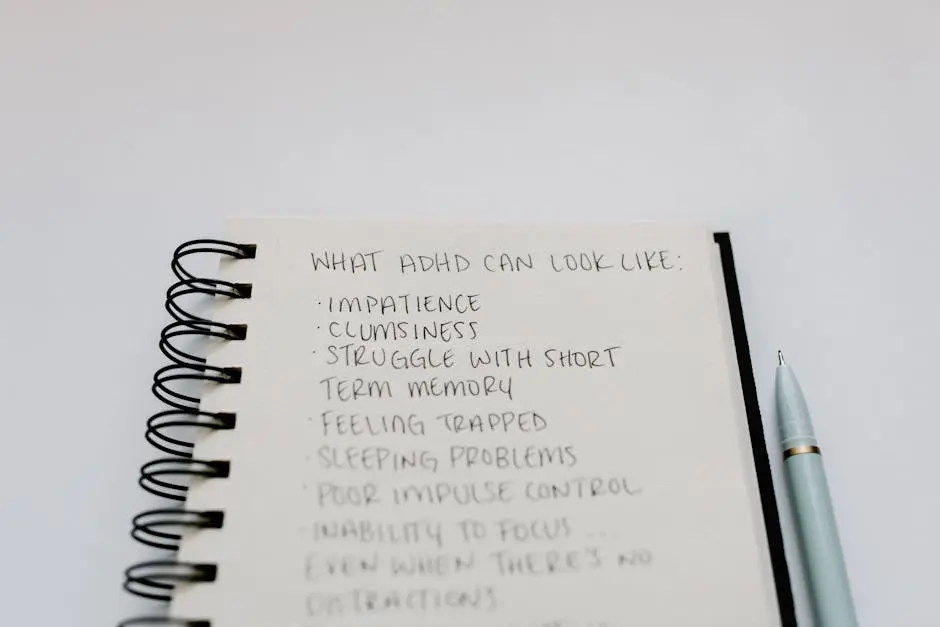Low testosterone, commonly referred to as low T, can impact various aspects of a man’s health. Recognizing the symptoms early can lead to better diagnosis and treatment. In this blog, we will explore the most common symptoms associated with low T, helping you to understand if you might be experiencing them.
Understanding Low T
Low testosterone, or low T, is a common issue that can affect men as they age. However, it can also stem from a variety of other factors, including medical conditions, lifestyle choices, and hormonal imbalances. Understanding what low T is and how it affects your body is the first step towards addressing the problem.
While many people associate low T solely with aging, it’s important to realize that younger men can experience it as well. Symptoms can vary widely from person to person, making it essential to recognize the signs early on.
Decreased Energy Levels
One of the hallmark symptoms of low T is decreased energy levels. Many men report feeling unusually fatigued, having less motivation to engage in daily activities. This fatigue isn’t just a regular tiredness; it can be an overwhelming sense of exhaustion that disrupts your daily life.
This lag in energy can make even the simplest tasks feel daunting. It’s like carrying a heavy weight constantly. You might find it hard to keep up with friends and family, leading to a sense of isolation and frustration.
If you notice that your energy levels aren’t what they used to be, it could be time to consider the role of low testosterone in your life. While many factors can cause tiredness, when it seems persistent and unexplained, low T should be on your radar.
Mood Changes and Depression
Mood changes are another common symptom associated with low T. Men dealing with low testosterone may experience increased irritability, sadness, or anxiety. These shifts can affect not just how you feel, but also how you interact with those around you.
The emotional toll can be significant. You might find that you’re snapping at loved ones more often or feeling hopeless without a clear reason. Recognizing this change is vital, as it can indicate a deeper underlying issue with testosterone levels.
Moreover, depression linked to low T can often lead to a vicious cycle. As your mood dips, your energy levels may worsen, creating an ongoing struggle that can feel insurmountable. Seeking help is crucial; a healthcare professional can assist you in identifying the contributors to these mood shifts and recommend possible treatments.
Reduced Libido
Reduced libido is one of the most discussed symptoms of low T. Many men may note a significant drop in their sex drive, which can be both alarming and distressing. It’s essential to understand that this can impact not only personal relationships but also self-esteem.
With low testosterone, sexual arousal can diminish, leading to difficulties in intimacy and romantic connections. It’s a sensitive topic that many are hesitant to discuss, but it’s important to know you’re not alone in experiencing this issue.
If you are noticing changes in your libido, don’t shy away from seeking help. Open communication with a healthcare provider can help in identifying the role of testosterone levels and determining effective treatment solutions.
Loss of Muscle Mass
One of the physical indicators of low T is a noticeable loss of muscle mass. Testosterone plays a crucial role in building and maintaining muscle. Men experiencing low T may find that their workouts are less effective, and muscle tone gradually declines over time.
This loss can be discouraging, especially if you are dedicated to a fitness routine. You may notice your clothes fitting differently or feel less strong than you used to. It’s vital to recognize that this isn’t solely a consequence of aging; hormonal changes are a significant factor.
Addressing low T can have a transformative effect on your physical health. With appropriate treatment, it’s possible to regain muscle strength and improve overall physical performance, making it essential to evaluate your testosterone levels if you’re facing this challenge.
Increased Body Fat
Increased body fat, especially around the abdomen, can be another visible symptom of low T. Many men might find that despite maintaining their diet and exercise routines, they are struggling with weight gain. This shift in body composition may be frustrating and puzzling.
Low testosterone can disrupt your metabolism, making it easier to gain weight and harder to lose it. This factor can also contribute to feelings of dissatisfaction with one’s body image, further impacting mental well-being.
It’s crucial to assess whether hormonal changes are contributing to these physical changes. Speaking with a healthcare provider can help develop a plan that addresses not only dietary and exercise needs but also the underlying hormonal issues.
Difficulty with Concentration
Difficulty with concentration is often an overlooked symptom of low T. Men with low testosterone may find it harder to focus on tasks, leading to decreased productivity at work or home. This cognitive decline can be frustrating and affect daily life.
You might notice moments of brain fog, where you struggle to complete simple tasks or remember important details. This cognitive struggle is sometimes confused with aging or stress but could very well be linked to testosterone levels.
Recognizing this symptom is essential in the context of overall health. If you’re facing challenges in concentration, discussing these experiences with a healthcare provider may help uncover whether low T is playing a role in your life and, if so, what steps to take next.
Take Action for Your Health
Understanding the symptoms of low T is crucial for timely intervention and support. If you suspect you are experiencing any of these symptoms, it is important to consult with a healthcare professional for proper evaluation and treatment options.

















